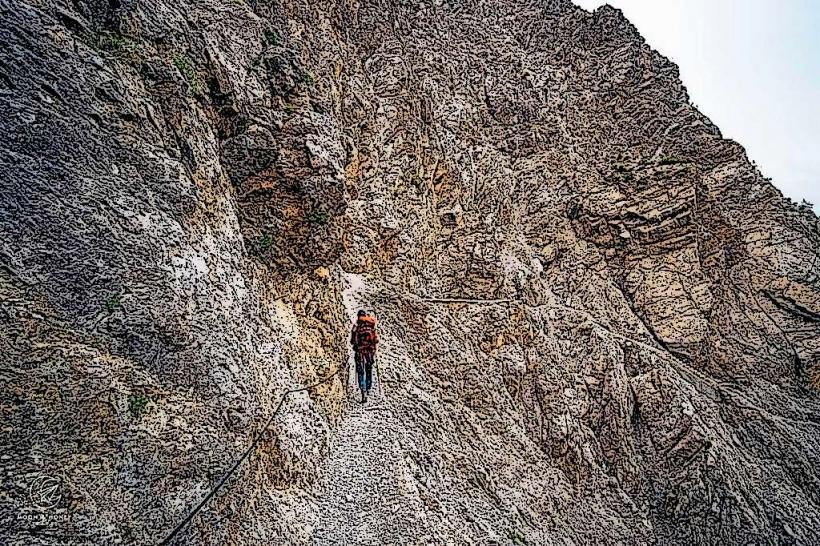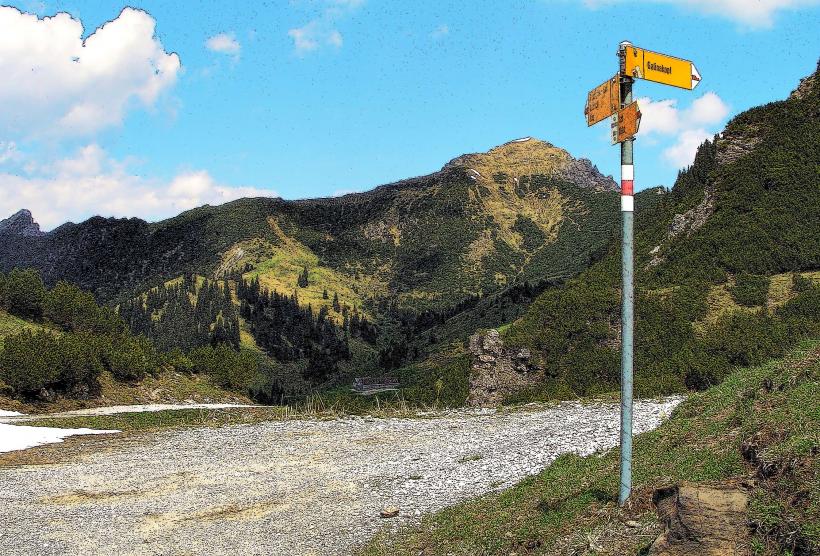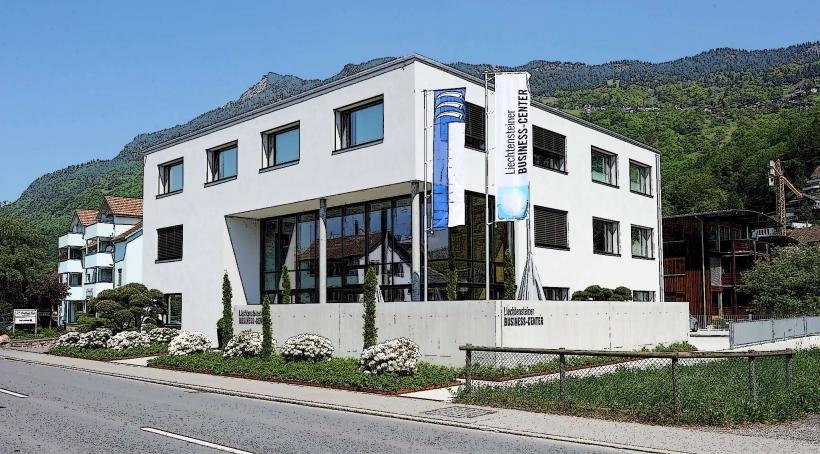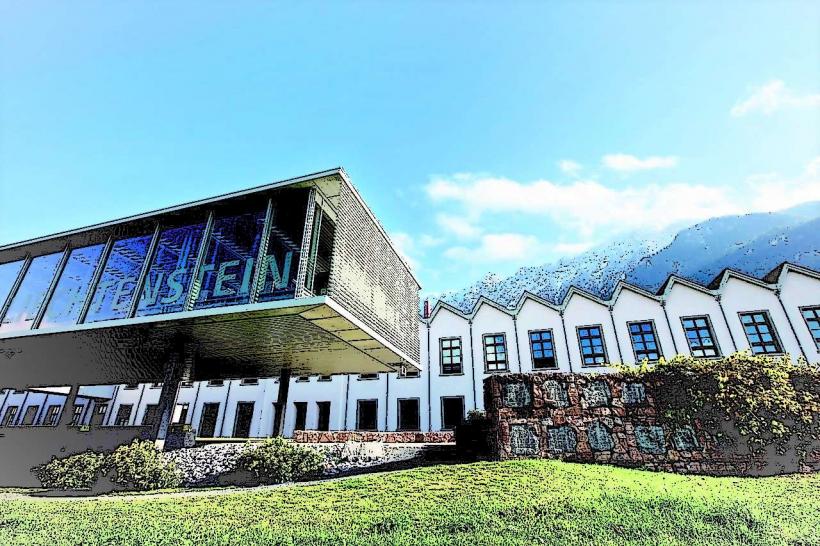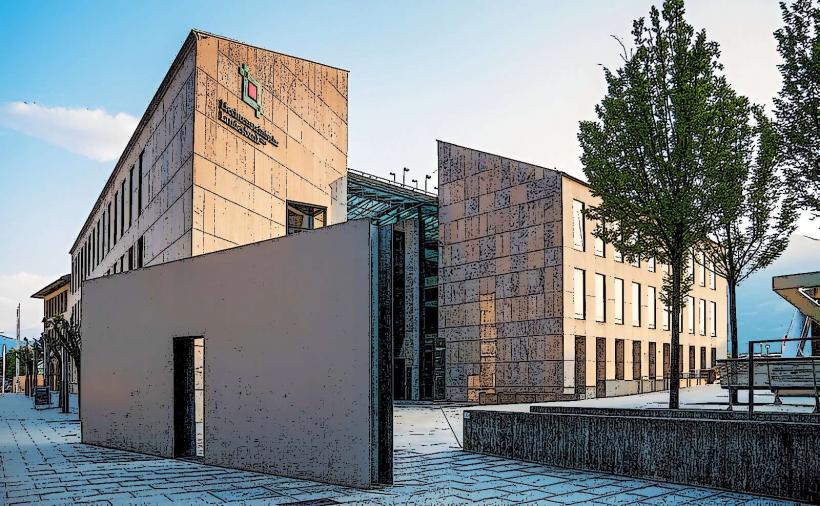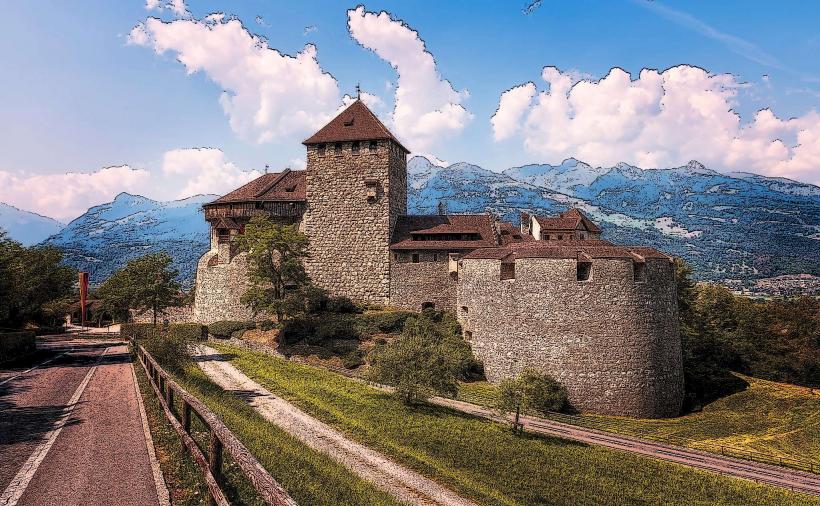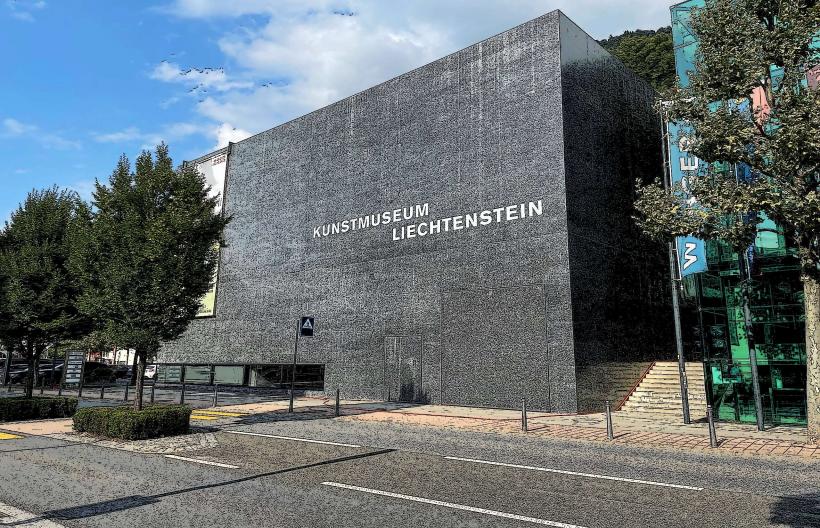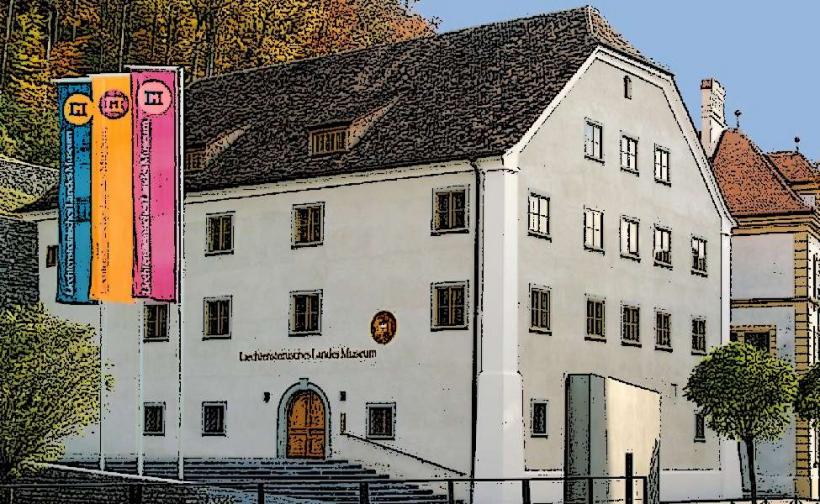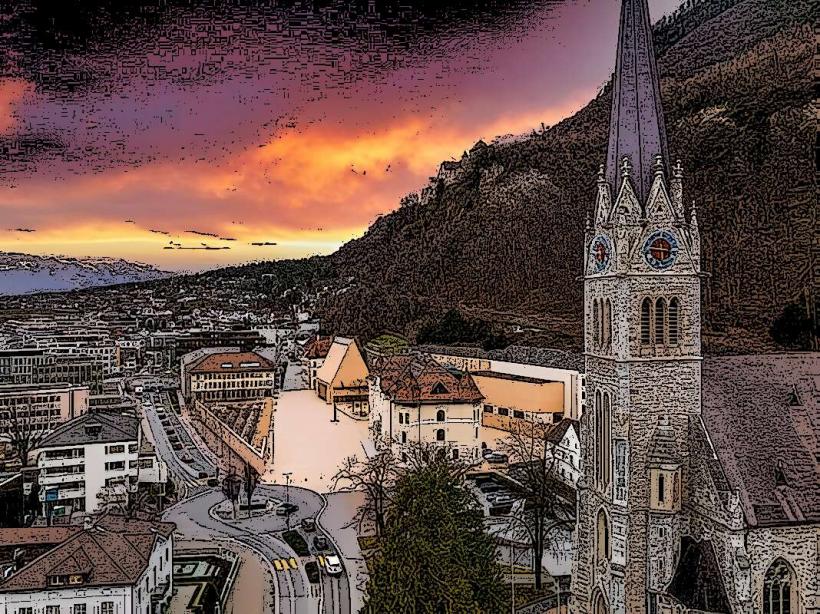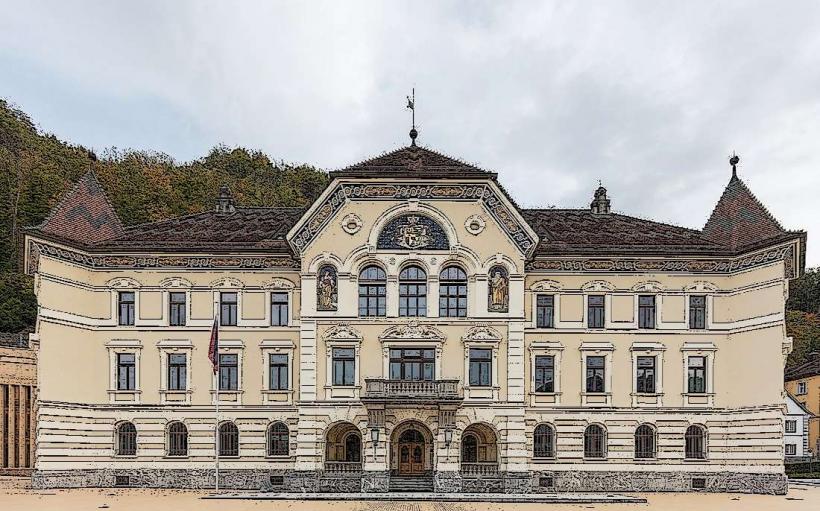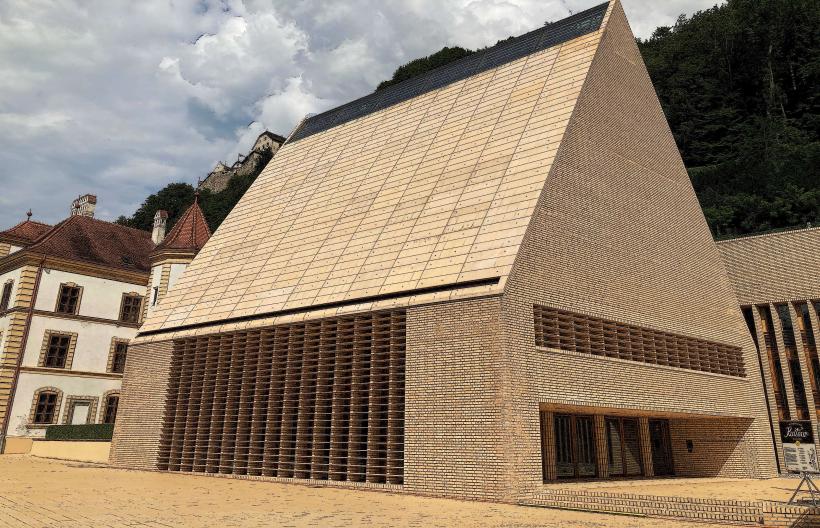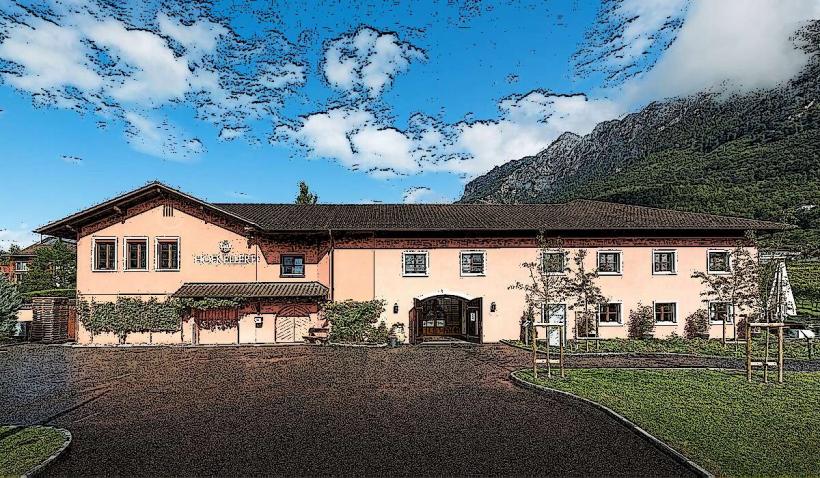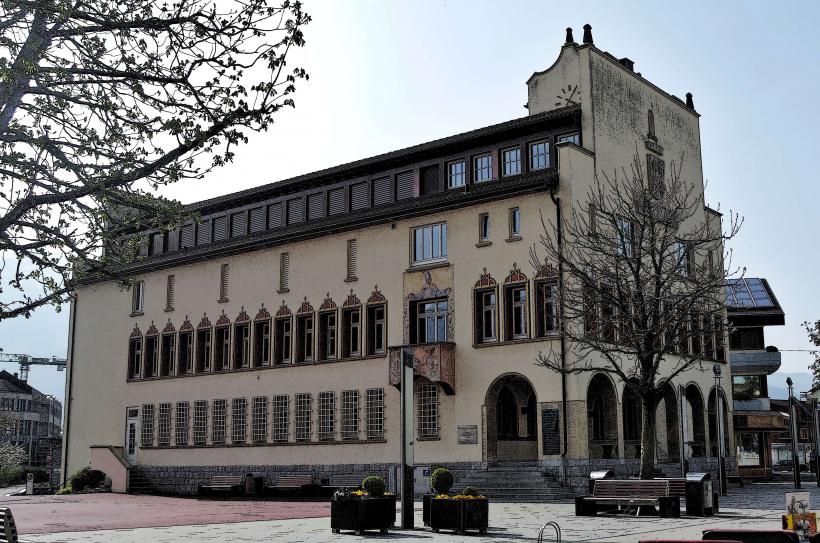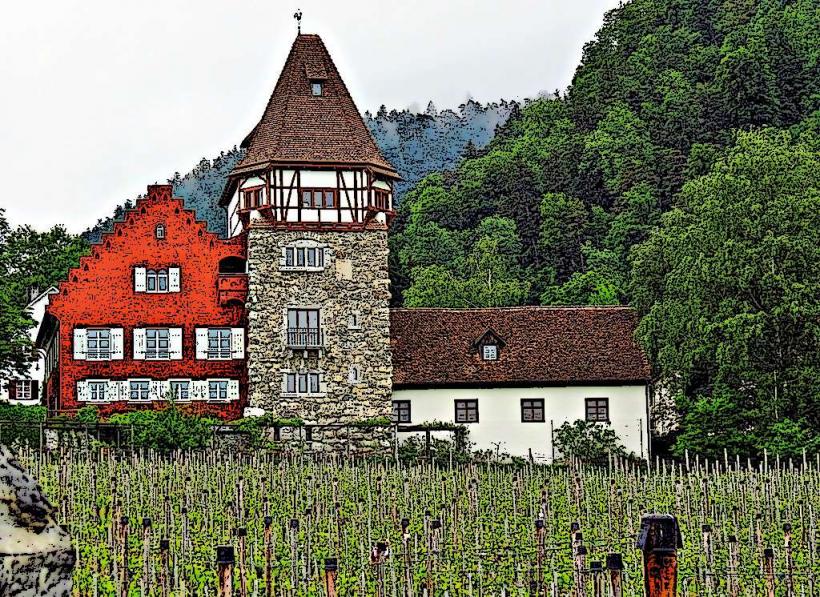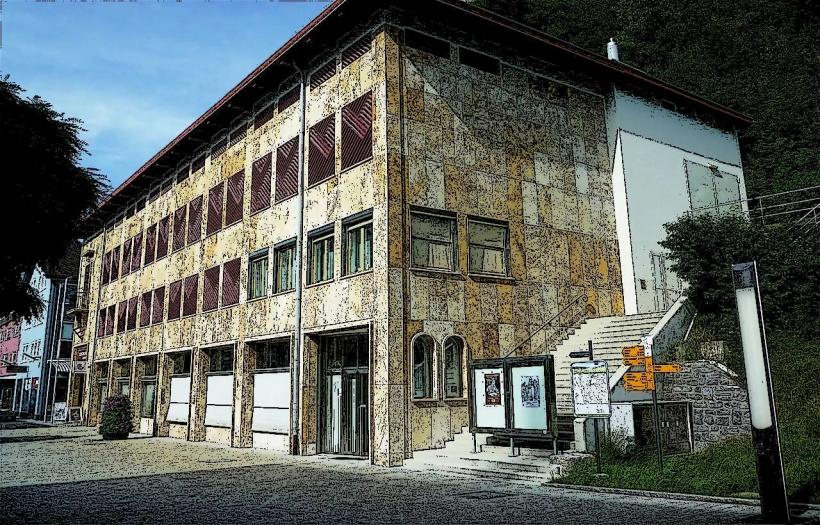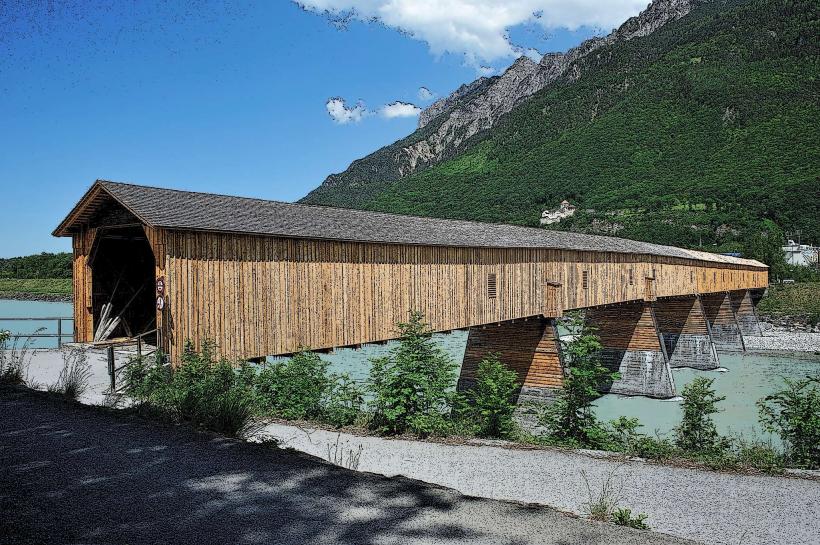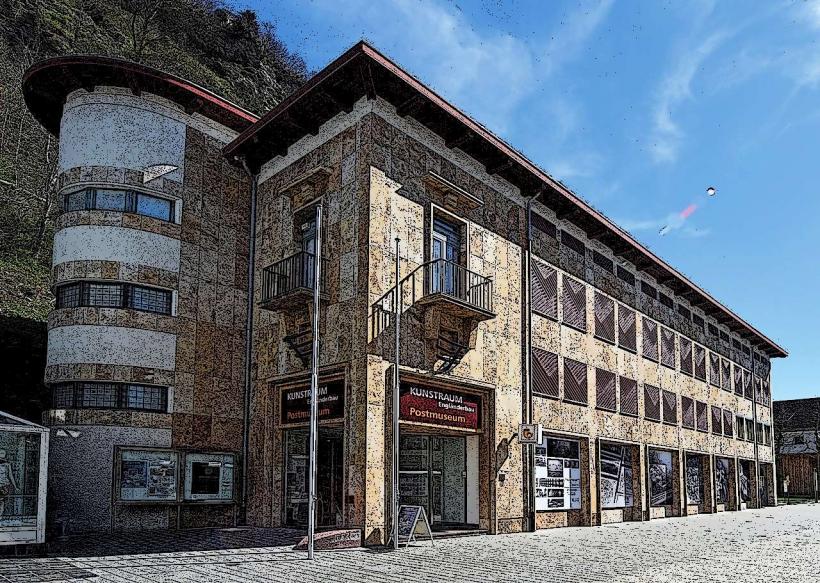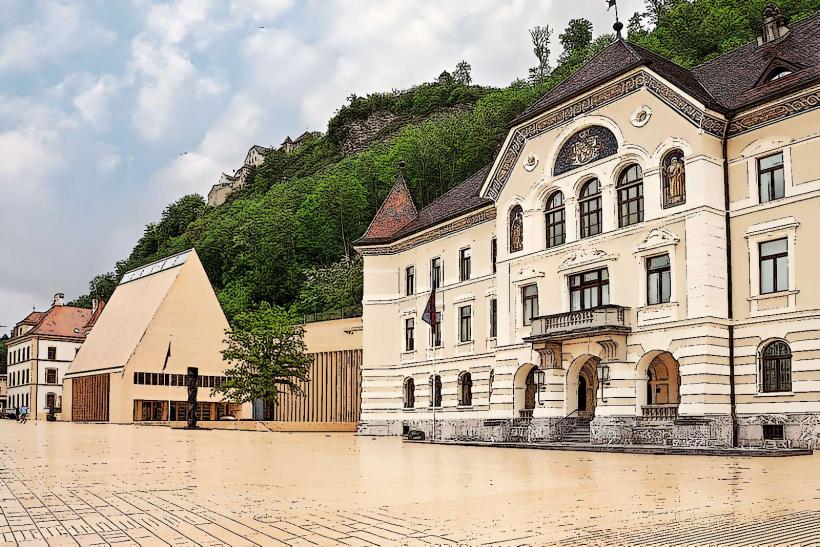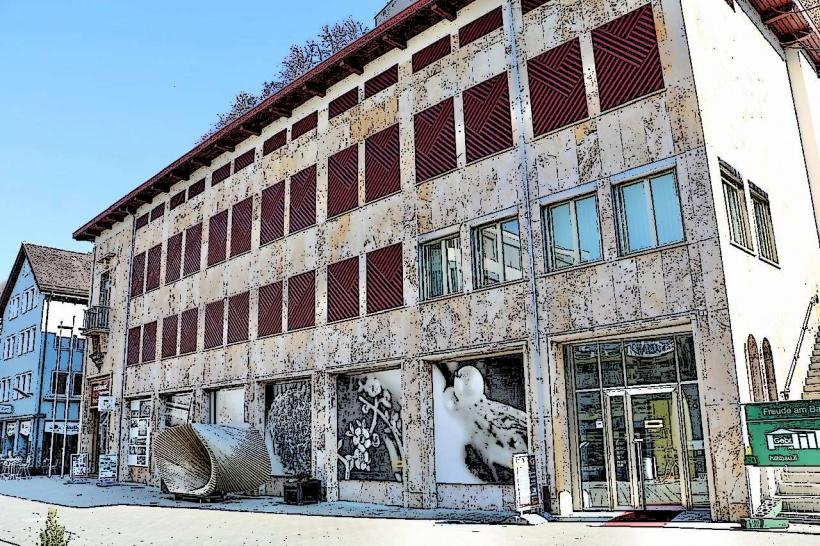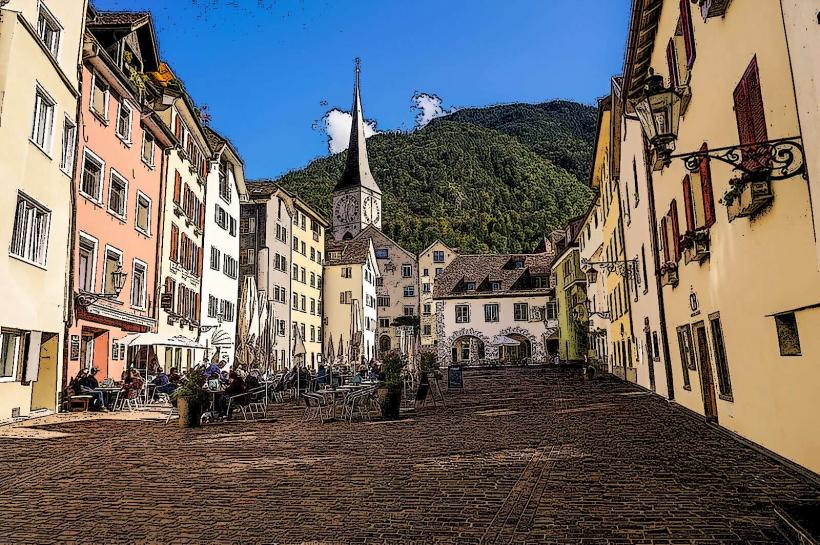Information
Landmark: Liechtenstein National ArchivesCity: Vaduz
Country: Liechtenstein
Continent: Europe
Liechtenstein National Archives, Vaduz, Liechtenstein, Europe
The Liechtenstein National Archives serves as the central repository for the historical records of the Principality of Liechtenstein. It is located in Vaduz, the capital city.
Visual Characteristics
The building features a contemporary architectural design, primarily constructed with concrete and glass elements. Its facade incorporates light-colored panels, contrasting with darker window frames. The structure is multi-story, presenting a functional and modern aesthetic typical of institutional buildings.
Location & Access Logistics
The Archives are situated at Fürst-Franz-Josef-Strasse 6 in Vaduz. It is approximately 0.8km North-East from the city center of Vaduz. Limited public parking is available directly adjacent to the building. Public transport access is via bus line 11, with the "Vaduz, Post" stop being the closest, approximately 0.5km walking distance.
Historical & Ecological Origin
The Liechtenstein National Archives was established in 1903, initially as part of the National Library. Its current dedicated building was constructed in 1992 to house the growing collection of state and private records. The primary purpose is the preservation and accessibility of documents detailing Liechtenstein's history, administration, and culture.
Key Highlights & Activities
Visitors can conduct historical research within the reading room during operational hours. The Archives periodically host temporary exhibitions showcasing specific historical documents or themes. Guided tours are available by prior arrangement, focusing on the institution's role and collection management.
Infrastructure & Amenities
Restrooms are available on-site. The building offers climate-controlled environments for document preservation. Cell phone signal (4G/5G) is consistently available throughout the premises. There are no dedicated food vendors within the Archives, but cafes and restaurants are located within a 0.5km radius in central Vaduz.
Best Time to Visit
The Archives are typically open during standard weekday business hours. For research, visiting during morning hours (9:00-12:00) often provides quieter conditions. Photography of the exterior is best in the late morning or early afternoon for optimal natural light, depending on the season.
Facts & Legends
The Liechtenstein National Archives holds the original document of the 1862 Constitution, a foundational text for the modern Principality. A lesser-known fact is its extensive collection of private archives from prominent Liechtenstein families and associations, offering unique insights beyond state records.
Nearby Landmarks
- Kunstmuseum Liechtenstein: 0.6km South
- Landesmuseum Liechtenstein: 0.7km South
- Vaduz Cathedral: 0.8km South-West
- Vaduz Castle: 1.5km West (uphill)
- Rathaus Vaduz: 0.7km South

